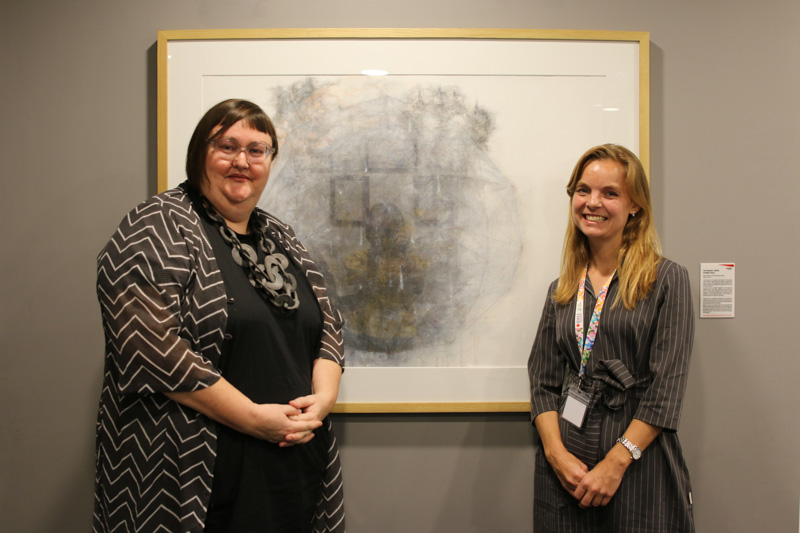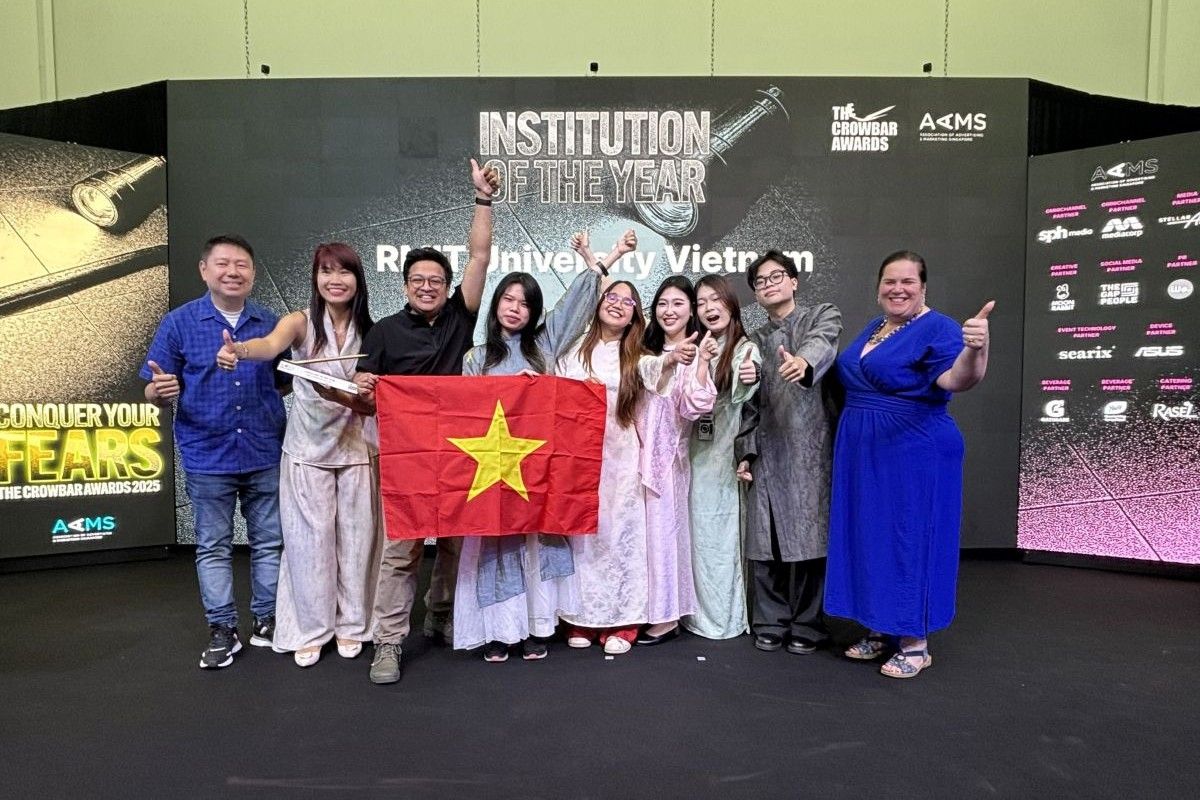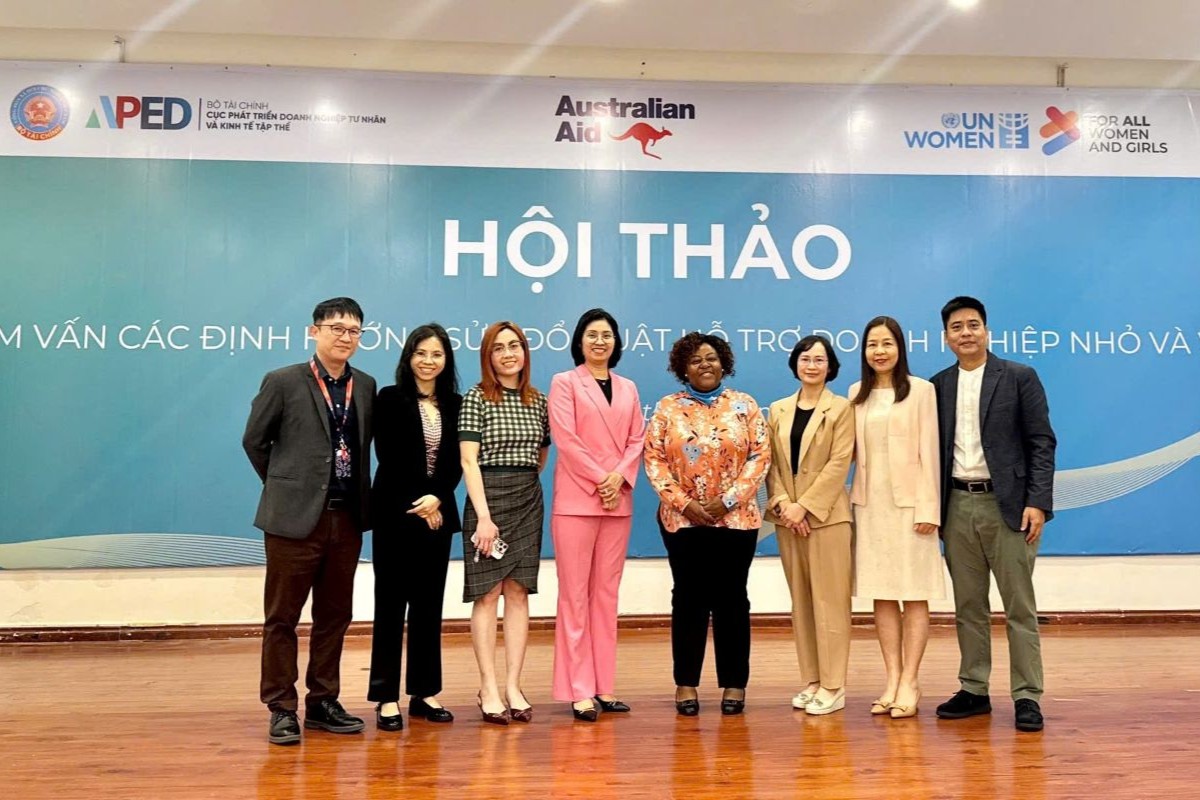State museums and art institutions have been carrying out digitisation projects, focusing on the preservation of folk arts, crafts, and intangible cultural heritage. Moreover, some cultural professionals are now beginning to find innovative ways of publicly displaying digitised content by using new technologies like 3D scanning, virtual reality (VR), and augmented reality (AR).
The RMIT researchers cited the success of ‘Into Thin Air’ as an example. This is an ongoing art-in-public project initiated and curated by Manzi Art Space which transforms physical spaces into digital art installations across Hanoi.
Meanwhile, RMIT is also helping the Vietnamese Women’s Museum digitise their collection using VR and AR, and upskill the museum staff to do it themselves.
Dr Emma Duester commented: “Digital platforms allow more connection with diverse audiences and provide the ability to raise awareness on lesser-known aspects of the culture or previously unpublished content, such as Vietnamese photography and Vietnamese women.”
“We can now bring contemporary Vietnamese art and culture closer to the world, rather than only the stereotypical images that circulate online about traditional customs, war, and tourist spots in Vietnam,” she said.
Associate Lecturer of Design Studies Michal Teague revealed that the research was motivated by the importance of engaging with contemporary Vietnamese art and culture in teaching and learning at RMIT.
“This is a new area and new transition in Vietnam. While elsewhere has been digitising for many years, Vietnam has only recently started to digitise art and culture,” she said.
“Our research has highlighted a lack of resources online about Vietnamese art and culture, which means that educators cannot use authentic resources but instead have to use Western sources.
“Issues around intellectual property and copyright with working and publishing art online are also evident.
“Most of all, this research has highlighted acute challenges in Vietnam around lack of budget, human resources and technological resources for digitising art and culture,” Ms Teague stated.
The researchers said that one way to address the challenges is by establishing a ‘digital culture’ policy for Vietnam.
“While many discussions nationally are about policy concerning the preservation of cultural heritage and traditional culture, more consideration is necessary on how to make digitised archives publicly accessible and how to best preserve contemporary culture digitally,” Dr Duester said.
“There is policy and discussion on digital citizens, digital society, and digital economy; however, there also needs to be an inclusion of ‘digital culture’ in national strategy documents.”
---
Are you interested in the digitisation of art and culture in Vietnam? Join the Vietnam Art & Design Archive Forum (VADA Forum) on 9 November 2021 (part of the Vietnam Festival of Creativity & Design 2021) to discuss the creation of an online archive for art and design in Vietnam.
Story: Ngoc Hoang





